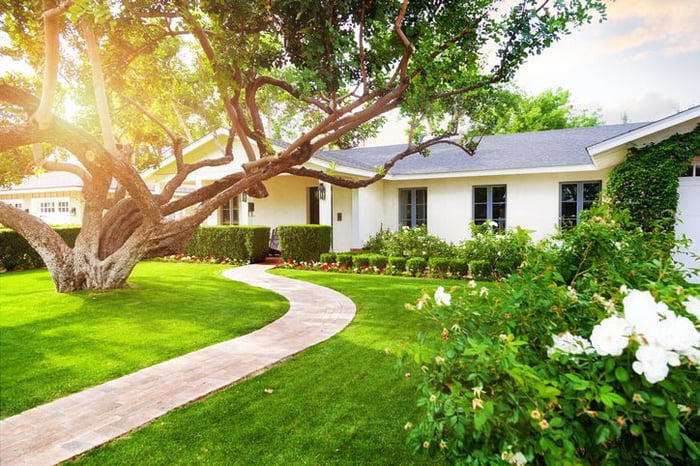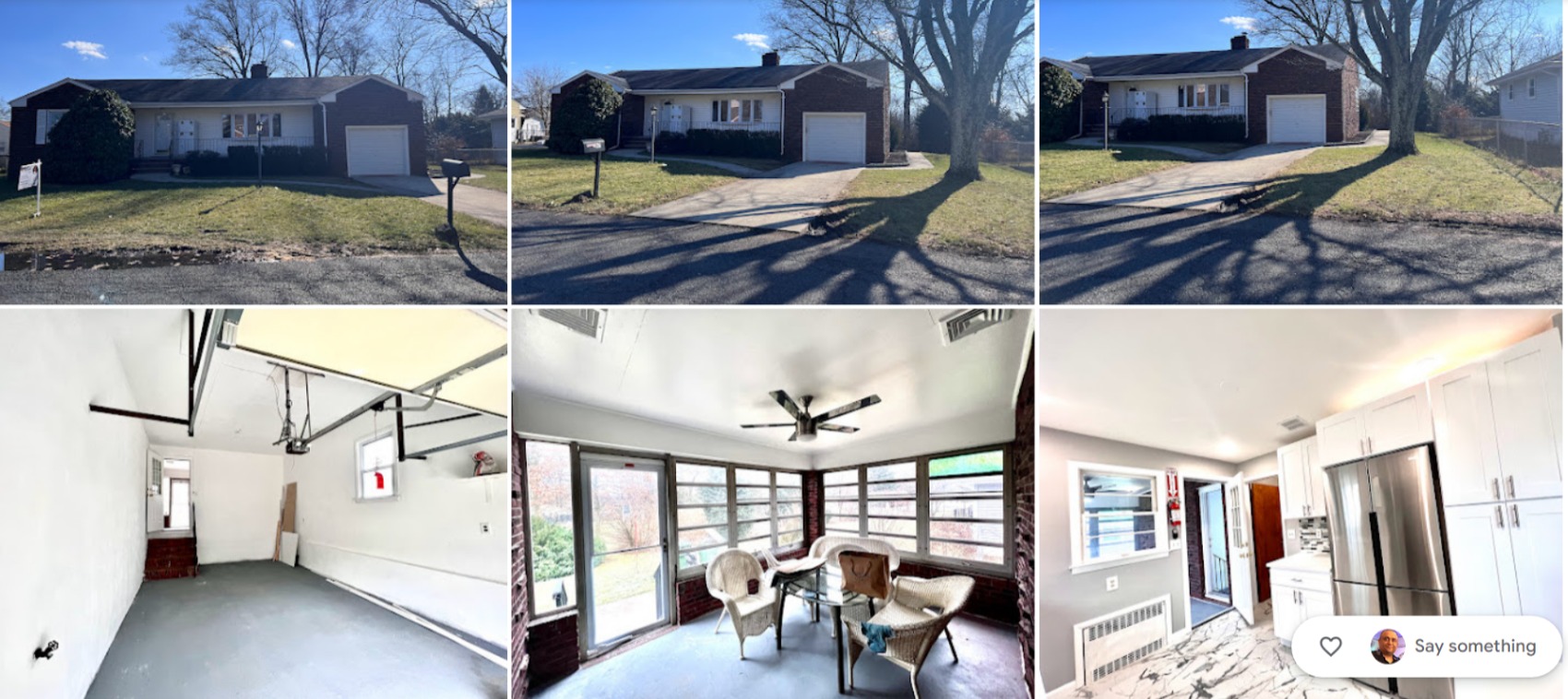
-
Table of Contents
Why You Might Not Be Allowed to Remove a Dead Tree on Your Property
Having a dead tree on your property can be a cause for concern. Not only does it pose a potential safety hazard, but it can also damage your property if it falls. However, you might be surprised to learn that you may not have the right to remove the tree, even if it is dead. In this article, we will explore the reasons behind this restriction and why it is important to consider the broader ecological impact before taking action.
The Importance of Dead Trees in the Ecosystem
Before delving into the reasons why you might not be allowed to remove a dead tree, it is crucial to understand the ecological significance of these trees. Dead trees, also known as snags, play a vital role in supporting biodiversity and maintaining a healthy ecosystem.
- Wildlife Habitat: Dead trees provide essential habitat for numerous species, including birds, bats, insects, and fungi. These organisms rely on dead wood for nesting, roosting, foraging, and reproduction.
- Nutrient Cycling: Dead trees contribute to the nutrient cycle by decomposing and releasing nutrients back into the soil. This process enriches the soil and supports the growth of other plants.
- Carbon Storage: Dead trees store carbon, helping to mitigate climate change by reducing greenhouse gas emissions.
Legal Restrictions on Removing Dead Trees
While dead trees may seem like a liability, there are often legal restrictions in place that prevent their removal without proper authorization. These restrictions vary depending on local regulations and the specific circumstances surrounding the tree. Here are some common reasons why you might not be allowed to remove a dead tree:
Protected Species
In some cases, dead trees may provide critical habitat for protected species. These species may be endangered, threatened, or have specific habitat requirements. Removing a dead tree could disrupt their habitat and potentially harm their populations. Therefore, local authorities may prohibit the removal of dead trees to protect these species.
Historical or Cultural Significance
Dead trees can hold historical or cultural significance, especially in older neighborhoods or areas with a rich heritage. These trees may have witnessed significant events or have symbolic value to the community. As a result, local preservation laws may prevent the removal of dead trees to preserve the historical or cultural integrity of the area.
Property Line Disputes
Removing a dead tree that straddles property lines can lead to disputes between neighbors. If the tree is partially on your neighbor’s property, you may need their permission to remove it. Failing to obtain consent could result in legal consequences and strained relationships.
Alternative Solutions
If you are concerned about the safety or potential damage caused by a dead tree on your property, there are alternative solutions to consider:
- Consult an Arborist: An arborist can assess the tree’s condition and provide recommendations for mitigating the risks. They may suggest pruning, cabling, or bracing to make the tree safer.
- Apply for a Permit: If you believe the tree poses an immediate danger, you can apply for a permit to remove it. The permit process typically involves demonstrating the tree’s hazardous condition and providing a plan for replanting or compensating for its removal.
- Plant New Trees: If you are allowed to remove the dead tree, consider planting a new one in its place. This helps maintain the ecological balance and contributes to the overall health of the environment.
Conclusion
While it can be frustrating to have a dead tree on your property that you are not allowed to remove, it is essential to consider the broader ecological impact and legal restrictions. Dead trees play a crucial role in supporting biodiversity, nutrient cycling, and carbon storage. By understanding the reasons behind the restrictions and exploring alternative solutions, you can ensure the safety of your property while also contributing to a healthier ecosystem.
Interesting article https://www.msn.com/en-us/money/realestate/there-s-a-dead-tree-on-my-property-i-m-not-allowed-to-remove-even-though-it-might-cause-damage-here-s-why/






